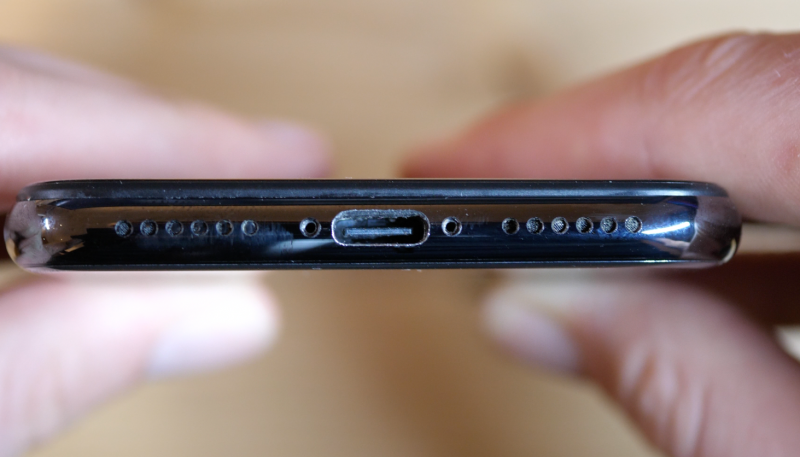The European Parliament has voted to require a standard charger across all smartphones, as well as a wide range of other consumer electronic devices by the end of 2024, including products from Apple.
This “common port” will heavily impact Apple, since it widely uses the Lightning connector instead of USB-C on many of its devices.
The directive received 602 votes in favor, 13 votes against, and eight abstentions. A press release issued by the European Parliament earlier today states:
By the end of 2024, all mobile phones, tablets and cameras sold in the EU will have to be equipped with a USB Type-C charging port. From spring 2026, the obligation will extend to laptops. The new law, adopted by plenary on Tuesday with 602 votes in favour, 13 against and 8 abstentions, is part of a broader EU effort to reduce e-waste and to empower consumers to make more sustainable choices.
Under the new rules, consumers will no longer need a different charger every time they purchase a new device, as they will be able to use one single charger for a whole range of small and medium-sized portable electronic devices.
Regardless of their manufacturer, all new mobile phones, tablets, digital cameras, headphones and headsets, handheld videogame consoles and portable speakers, e-readers, keyboards, mice, portable navigation systems, earbuds and laptops that are rechargeable via a wired cable, operating with a power delivery of up to 100 Watts, will have to be equipped with a USB Type-C port.
All devices that support fast charging will now have the same charging speed, allowing users to charge their devices at the same speed with any compatible charger.
Apple products that currently feature a Lightning connector, that will have to adopt USB-C if newer models go on sale in 2025 or later to comply with the new law, include:
- iPhone
- Entry-level iPad
- AirPods Charging Case
- Accessories, including: MagSafe Battery Pack, Magic Keyboard, Magic Trackpad, EarPods, and Beats products


